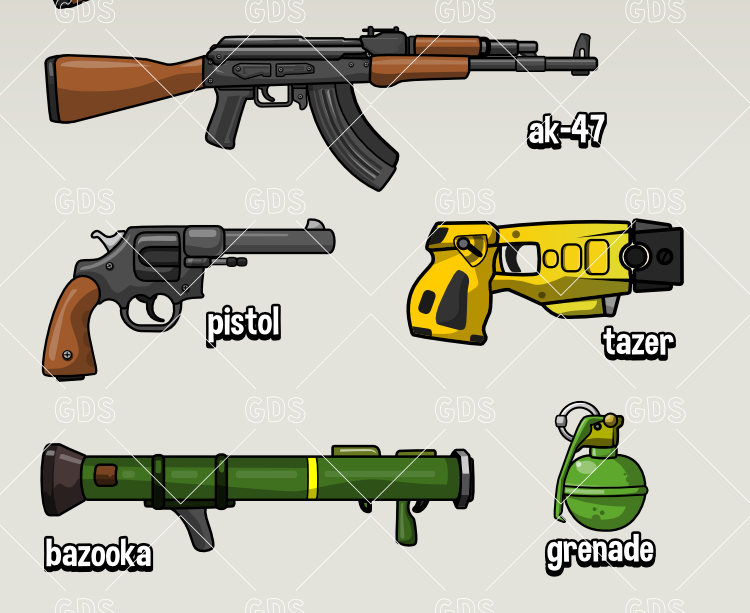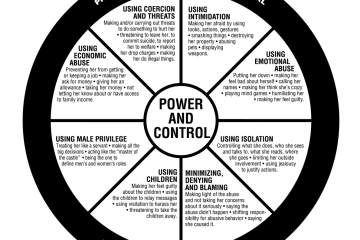The Complexities of Weapons Regulation in Today’s Society

Introduction
The topic of weapons has come to the forefront of public discourse, especially in light of increasing concerns over gun violence, international conflicts, and legislative debates. The significance of weapons regulations is underscored by recent events worldwide, affecting safety, politics, and social justice. Understanding the current landscape of weapons regulation can help citizens engage in informed discussions about policy and safety.
Current Events and Legislative Context
As of 2023, several countries are reconsidering their weapons laws in response to rising violence and public outcry. For example, in the United States, gun control advocates have rallied for stricter regulations in the wake of various mass shootings. The Biden administration recently proposed additional measures, including universal background checks and a ban on assault weapons. Meanwhile, opposition groups argue that these regulations infringe upon the constitutional right to bear arms.
Internationally, several nations are grappling with issues surrounding weapons. In the United Kingdom, the government has tightened restrictions on air weapons, while France has introduced laws to control the use of firearms in urban areas. Additionally, the ongoing conflict in Ukraine has sparked debates over weapons exports, leading to increased scrutiny on how countries allocate military resources.
The Impact of Weapons on Society
The implications of weapons regulation extend beyond legal frameworks; they ripple through social, economic, and public health domains. Communities affected by gun violence experience additional burdens, including mental health issues and economic decline. Furthermore, advocates for stricter gun control argue that regulations can reduce crime rates and improve community safety.
On the other hand, proponents of less restrictive policies argue that responsible gun ownership can deter crime and provide individuals with safety. This ongoing debate raises questions about the balance between individual rights and collective safety.
Conclusion
<pAs society grapples with the complexities surrounding weapons and their regulation, it is crucial for citizens to stay informed and engaged. The conversation about weapons is not merely about laws; it encompasses issues of public safety, community well-being, and civil rights. As legislative efforts evolve, the choices made today will have lasting implications for the safety and security of future generations. Awareness and advocacy for ethical policies are essential steps toward fostering a safer society for everyone.









